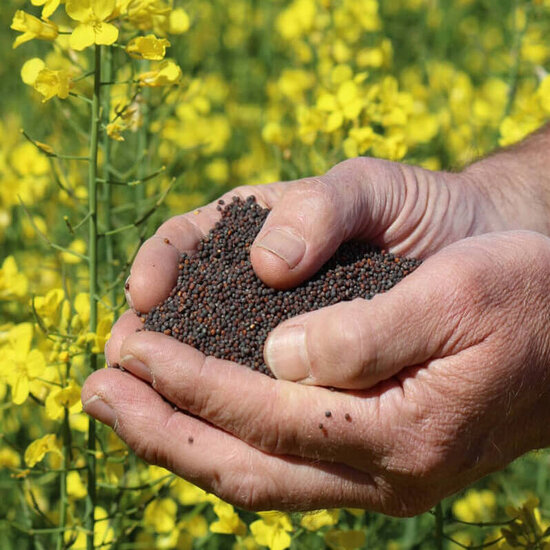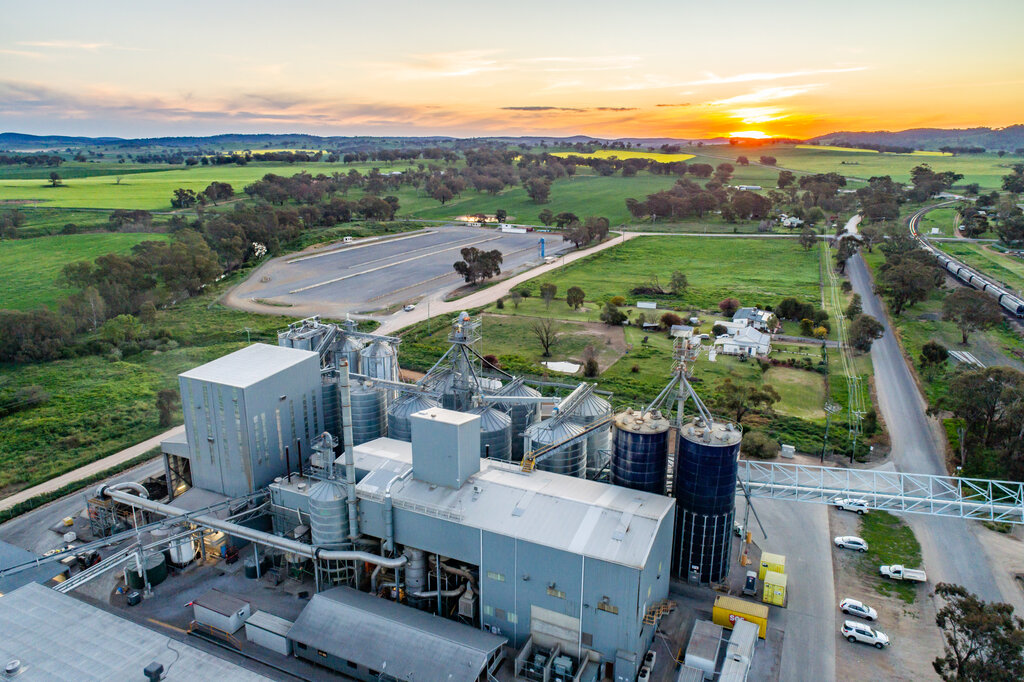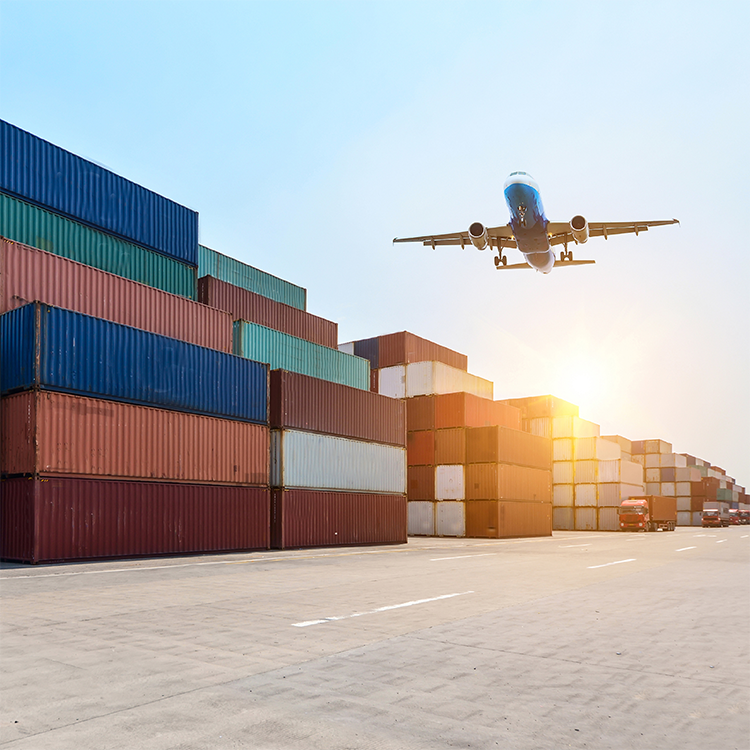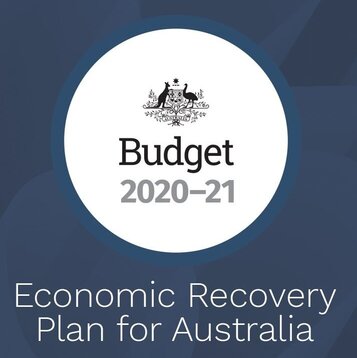Indigenous Exporters Part of Australia’s Economic Recovery
Indigenous businesses can grow much more and make even more significant contribution to the Australian economy, including by engaging in international trade and expanding their markets overseas. They just need some extra capacity-building, supportive networks and a conducive trading environment. Recognising this potential, the Export Council of Australia (ECA) and the Indigenous Network for Investment Trade and Export (IGNITE) have formed a strategic partnership.









